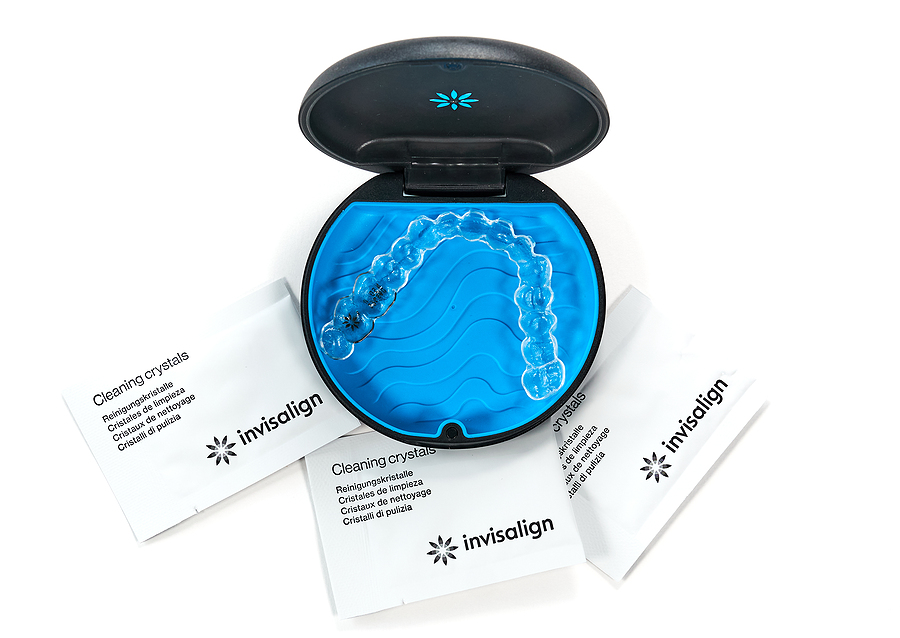Do you feel like you can’t enjoy an icy cold drink in the summer because of your teeth? Does the thought of sipping hot tea make you cringe? You may have a tooth sensitivity problem.
Tooth sensitivity can range from mildly annoying to downright painful. If you’re bothered by tooth sensitivity to cold or hot foods and drinks, talk to your dentist. He or she can help you determine what’s causing the sensitivity and recommend a treatment plan to get it under control.
Tooth Decay and Sensitivity
Many people associate cavities with a toothache, but they can make a tooth sensitive as well. A cavity is typically noticed during a dental exam or an x-ray, but if you notice any sudden sensitivity in a specific tooth, call your dentist. If a cavity is causing the issue, it can be quickly corrected to restore the health of your mouth.
Old Fillings and Dental Work
Today’s fillings and crowns are designed to be strong and long-lasting, but they may not last forever. If a filling becomes worn or damaged, it can expose part of the tooth that is very sensitive to heat, cold, and pressure. Fortunately, this is usually very easily corrected by your dentist.
Receding Gums
Gums can recede, or pull back away from the tooth, for a number of reasons. Sometimes, early gum disease is the cause, but it may simply be due to genetics. Brushing or flossing too aggressively can also cause gums to recede.
When the gums expose more of the tooth, sensitivity can develop. To help avoid this, see your dentist regularly for checkups, so early gum recession can be identified. Choose a soft-bristled toothbrush and brush and floss thoroughly but gently every day. Your dentist may also recommend a desensitizing toothpaste.
Whitening Products
Many people don’t realize that over-the-counter whitening products can make teeth very sensitive. The peroxide and abrasive ingredients in these products can remove stains, but sensitivity is often an unwanted side effect – and it can be permanent.
If you’d like whiter teeth, ask your dentist about options. A whitening treatment from your dentist is typically safer and more effective than over-the-counter options, and can be tailored to your individual needs without unwanted sensitivity.
Teeth Grinding
Nighttime teeth grinding, known as bruxism, can lead to long-term tooth damage such as cracked teeth. It can also wear down the enamel and make teeth more sensitive. Your dentist may see signs of grinding at your regular dental checkup, and can help you get a specially fitted guard to wear at night to protect your teeth. This can help prevent future damage. If your teeth are especially sensitive, use a desensitizing toothpaste in addition to diligent use of your night guard.
Don’t let tooth sensitivity interfere with your life! Contact the offices of Dr. Craig Armstrong today to learn how you can get a healthy, beautiful smile without pain!
Visit Our Office
Office Hours
- MON8:00 am - 6:00 pm
- TUE8:00 am - 6:00 pm
- WED8:00 am - 6:00 pm
- THU8:00 am - 6:00 pm
- FRIClosed
- SATClosed
- SUNClosed
10370 Richmond Ave. Ste 310,
Houston, TX
Phone : (832) 251-1234Text Us : (832) 251-1234






